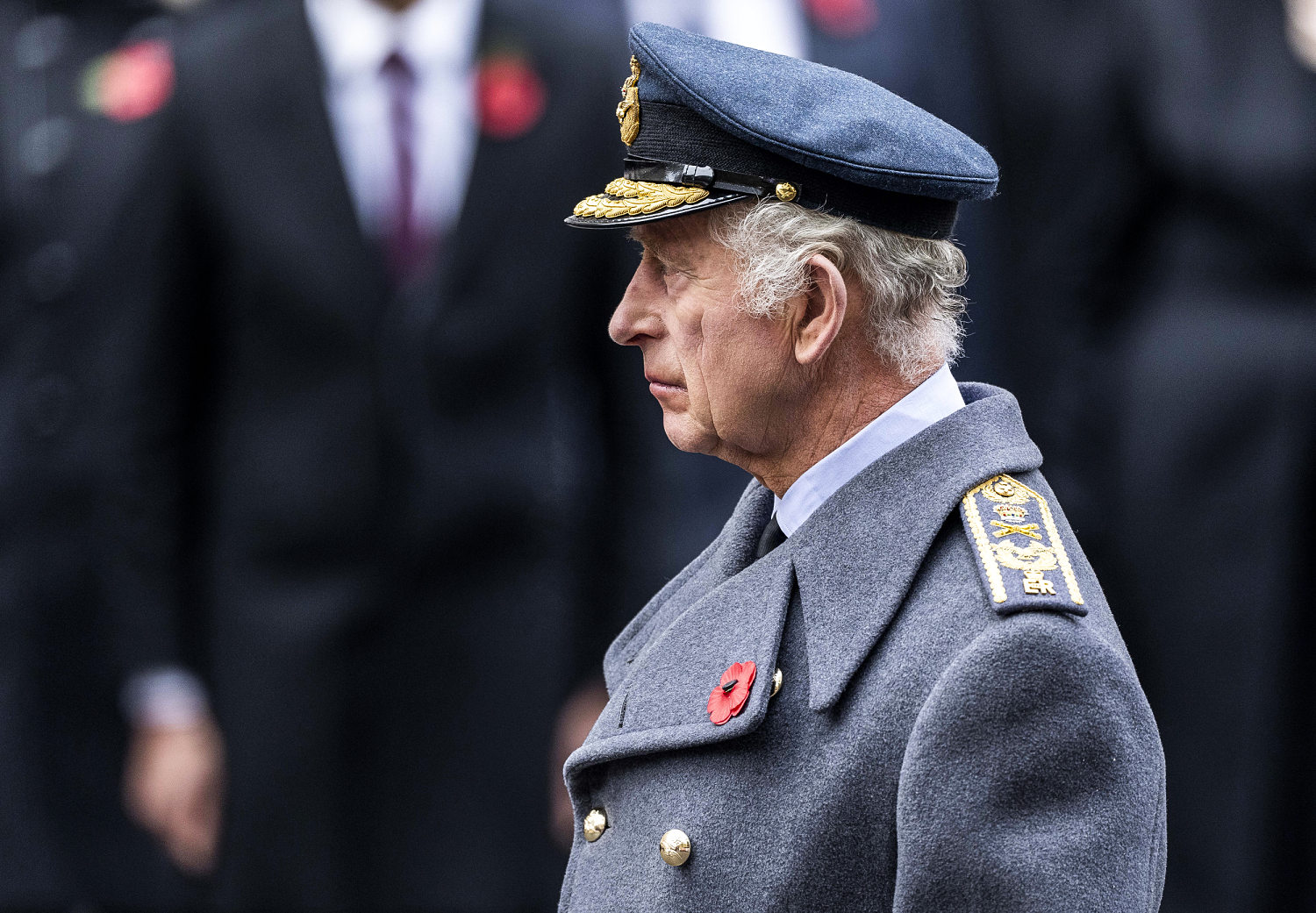[ad_1]

King Charles III was diagnosed with cancer after he underwent a procedure for an enlarged prostate, Buckingham Palace said Monday, but it did not say what kind of cancer it was or how serious the condition is.
“During The King’s recent hospital procedure for benign prostate enlargement, a separate issue of concern was noted. Subsequent diagnostic tests have identified a form of cancer,” the palace said in a statement.
It is unclear what form of cancer was detected, but the palace said Charles does not have prostate cancer.
An enlarged prostate is not linked to cancer, and it is relatively common among older men: Around 80% of men over age 70 have it, according to Yale Medicine. Charles turned 75 in November.
Sometimes, the condition can lead to symptoms such as difficulty urinating, loss of bladder control or waking up at night to urinate multiple times. In such cases, doctors will often recommend a transurethral resection, a procedure to remove extra prostate tissue.
“They go in and they scrape some tissue so that you can pee better, because the problem with the prostate is it’s sitting right at the base of the bladder and it can block urination,” said Dr. William Oh, the chief medical officer of the Prostate Cancer Foundation.
Part of a transurethral resection involves inserting a scope — a tube with a camera at the end — through the urethra. That way, doctors can see the prostate and know where to remove the tissue.
The scope could detect cancer in nearby areas, such as the bladder or the urethra, said Dr. Christian Pavlovich, a professor of urology and oncology at Johns Hopkins School of Medicine.
“Sometimes you’ll have a bladder tumor or something that’s not symptomatic, and you’ll just see it when you go in there,” he said.
A scope could also detect bloody urine, “which could signify something bleeding from the kidney,” said Dr. Justin Friedlander, a professor of urologic oncology at Fox Chase Cancer Center. That could be a sign of kidney cancer or cancer in the ureter, he said — the tube that passes urine from the kidney to the bladder.
In other instances, doctors may find cancerous tissue that originated in other parts of the body when they’re analyzing prostate tissue that was removed during surgery.
“The prostate could be affected by cancers that are not really of prosthetic origin, like a lymphoma — one of those blood tumors — or a cancer of the urothelium, which is the lining of the urethra and bladder,” Pavlovich said.
That would signal the cancer had spread from other organs and was potentially more advanced, Friedlander said.
Dr. Julio Pow-Sang, the chair of the genitourinary oncology program at Moffitt Cancer Center in Tampa, Florida, said it’s generally rare to find cancerous tissue during a procedure for prostate enlargement.
He said that “90 or 95% of the times it’s benign, but you could have a surprise.”
Buckingham Palace did not specify Monday what kind of procedure Charles underwent for an enlarged prostate, but it has previously referred to it as “corrective.”
Sometimes, instead of performing a transurethral resection, doctors will destroy excess prostate tissue with a laser or high heat — but those procedures are less common.
According to Buckingham Palace, Charles arrived in London on Monday to begin regular outpatient treatments for cancer.
“His Majesty is grateful to his medical team for their expert care and swift intervention, is wholly positive about his treatment and looks forward to returning to full public duty as soon as possible,” the palace said.
[ad_2]
Source link


